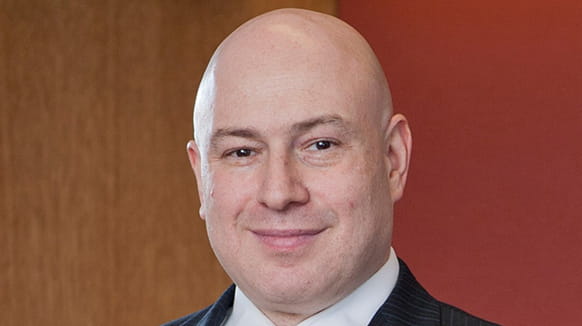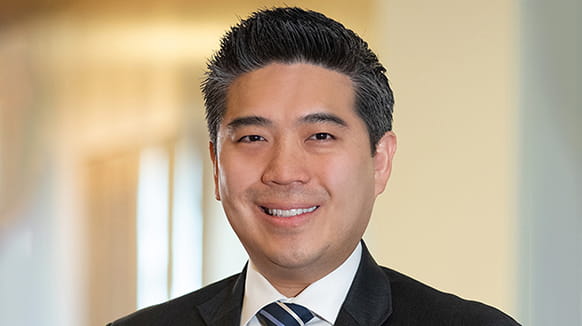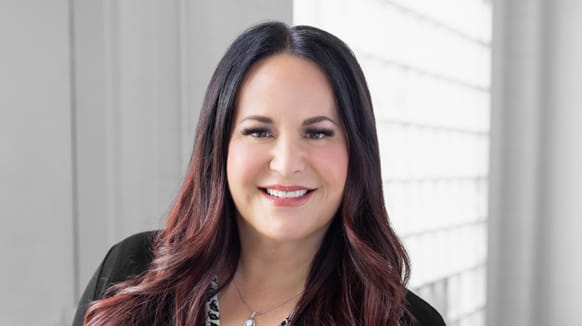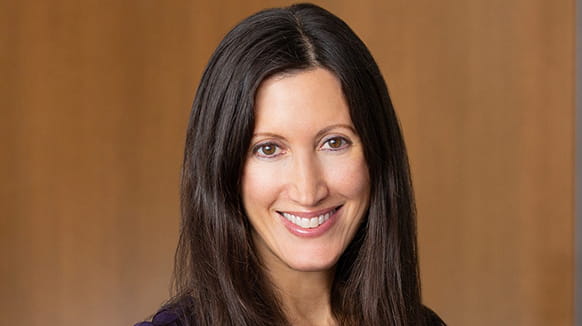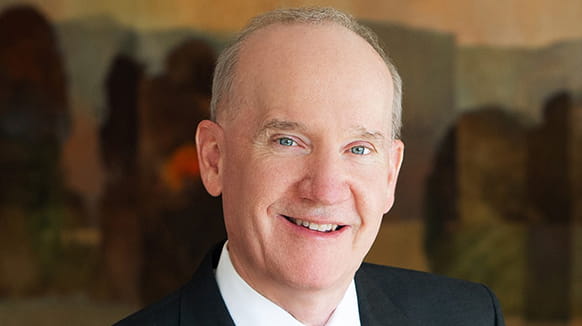Summary of Most Recent Sun Capital Ligation
In the latest development in the Sun Capital litigation, following remand by the First Circuit Court of Appeals, on March 28, 2016, the Federal District Court of Massachusetts found Sun Capital Partners III, LP and Sun Capital Partners III QP, LP (collectively, “Sun Fund III”) and Sun Capital Partners IV, LP (“Sun Fund IV,” and together with Sun Fund III, the “Sun Funds”) liable for the withdrawal liability of Scott Brass Holding Corp. (“Scott Brass”), a bankrupt portfolio company of the Sun Funds.1 In applying the First Circuit’s “investment plus” test, the district court found that the Sun Funds received a direct economic benefit and were therefore engaged in a “trade or business” for purposes of shared liability. Even though Sun Fund III and Sun Fund IV held a 30 percent and 70 percent interest in Scott Brass, respectively (each under the 80 percent generally required for controlled group purposes), the district court found that the Sun Funds operated as a single “partnership-in-fact” with no meaningful independence in their co-investments. Based on these findings, the court held the Sun Funds liable for the withdrawal liability incurred by Scott Brass.
What Gives Rise to ERISA Controlled Group Pension Liability?
Under ERISA, members of a “controlled group” are jointly and severally liable for the pension obligations of every other member of the controlled group. For a private equity investment fund, to be part of a controlled group with a portfolio company that has pension liabilities, there must be (1) “common control” (i.e., the requisite ownership – 80 percent parent/subsidiary; brother-sister or other relationship) between the fund and the portfolio company, and (2) the fund must be a “trade or business.”
Sun Capital Facts and Background
Sun Fund III and Sun Fund IV, indirectly through special purpose entities, owned 30 percent and 70 percent, respectively, of Scott Brass. Following the Sun Funds’ investment, Scott Brass filed for bankruptcy, with withdrawal liability of approximately $4.5 million to the New England Teamsters and Trucking Industry Pension Fund. Each of the Sun Funds were managed by a general partner controlled by two principals, Marc Leder and Rodger Krouse, who were co-CEOs of Sun Capital Advisors, Inc., which advised the Sun Funds, structured their deals, and provided management consulting and employees to the portfolio companies owned by the Sun Funds. The fund documents of the Sun Funds provided that the purpose of each fund was “the management and supervision” of its investments, and each general partner was given broad discretion to manage the affairs of the funds and its portfolio companies. The general partners of the Sun Funds used their controlling interest to elect directors to the board of Scott Brass. The general partners were also entitled to an annual management fee from the Sun Funds. The management fee, however, was offset by the fees generated pursuant to a Management Services Agreement by and between Scott Brass and an affiliate of the general partners (the “Management Fee Offset”). Sun Fund III and Sun Fund IV had different investors and, except for a handful of overlapping investments, their portfolio investments were different.
Historically, the first line of defense for private equity funds has been to argue that such funds were not engaged in a trade or business and therefore could not be in the same controlled group as a portfolio company. In 2007, the Pension Benefit Guaranty Corporation (“PBGC”) challenged this position and stated that private equity funds can be trades or businesses.2 In the Sun Capital litigation, the District Court of Massachusetts initially rejected the PBGC’s position, but was then subsequently reversed by the First Circuit Court of Appeals.3 In 2013, while applying an “investment plus” test, the First Circuit held that depending on the facts and circumstances, a private equity fund could be a trade or business. The First Circuit attributed the acts of the general partner of the Sun Funds onto the Sun Funds. The court noted that the partnership agreement for the Sun Funds gave the general partners the exclusive authority to act on behalf of the funds to effectuate their purposes, and that the investment strategy of the Sun Funds could only be achieved by active management by the general partners. Further, the controlling interest held by the Sun Funds in the portfolio companies put the Sun Funds in a position where it would be intimately involved in the management and operations of the portfolio company, going well beyond that of a passive investor. The court also gave significant weight to the Management Fee Offset, determining that it provided a valuable economic benefit to the Sun Funds.
Discussion of District Court Decision
On remand, the District Court of Massachusetts applied the “investment plus” test and found that Sun Fund III and Sun Fund IV were both engaged in a trade or business. A significant part of that determination rested on the fact that, in addition to the general management and supervision of Scott Brass (through the general partners), both of the Sun Funds received the economic benefit of the Management Fee Offset. In analyzing whether the Sun Funds were part of the same controlled group with Scott Brass, the court disregarded corporate formalities and found that the Sun Funds formed a single deemed “partnership-in-fact” with respect to their investment in Scott Brass, which partnership owned 100 percent of Scott Brass. In finding a “partnership-in-fact,” the court held that “it is clear beyond peradventure that a partnership-in-fact existed sufficient to aggregate the [Sun Funds’] interests and place them under common control with Scott Brass, Inc.” While there was no bright line test, the court appears to have based its determination on a few factors:
(i) no evidence had been given that either Sun Fund co-invested with unaffiliated parties;
(ii) no evidence had been given that the two Sun Funds ever disagreed over how to manage the portfolio investments;
(iii) there was no meaningful evidence of actual independence in the Sun Funds’ co-investments, and they appeared to have been acting in concert with respect to their investment in Scott Brass; and
(iv) there was joint coordination and investigation of Scott Brass prior to the investment and joint coordination in control after the investment (e.g., employees of Sun Capital Advisors were appointed to the board of Scott Brass rather than the two funds independently asserting control).
Conclusion
This latest case in the Sun Capital litigation creates a precedent for the imposition of joint and several liability on private equity investment funds for the pension liabilities of a portfolio company, and could have broad implictoations if the reasoning is adopted and applied in other circuits. Moreover, following this decision, private equity investment funds are left with many unanswered questions, including whether a portfolio company owned by a private equity investment fund could be held liable for the pension liabilities of other portfolio companies owned by the same fund, or whether the reasoning employed in the Sun Capital case would extend to other areas of tax law where a trade or business and controlled group analysis is relevant (e.g., nondiscrimination and coverage testing for qualified retirement plans, treatment of carried interests from partnerships, treatment of investment activities for investors investing in a private equity fund, deferred compensation of a portfolio company, etc.).
In light of this decision, private equity investment funds should use caution when investing in portfolio companies with defined benefit and/or multiemployer plan liabilities, and carefully evaluate their activities and economic arrangements with respect to their current portfolio companies and whether co-investments by affiliated funds, if any, may impact their ownership position in such portfolio companies.
For more information contact one of the lawyers listed below.
____________________
1 Sun Capital Partners III LP, et al v. New England Teamsters & Trucking Indus. Pension Fund, 2016 BL 95418, D. Mass., No. 1:10-cv-10921-DPW, (D.Mass. Mar. 28, 2016).
2 PBGC Appeals Board Opinion, September 26, 2007.
3 Sun Capital Partners III LP, et al v. New England Teamsters & Trucking Indus. Pension Fund, 724 F.3d 129 (1st. Cir. 2013).
